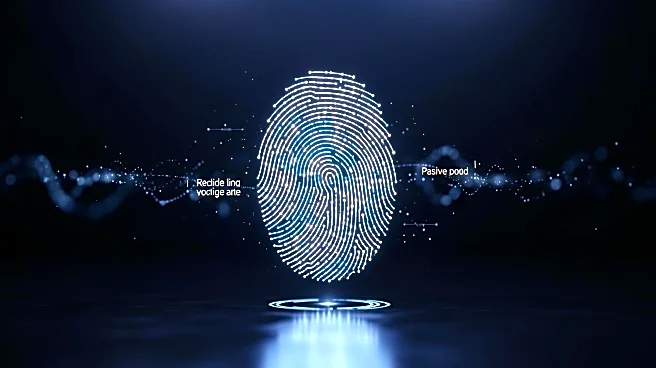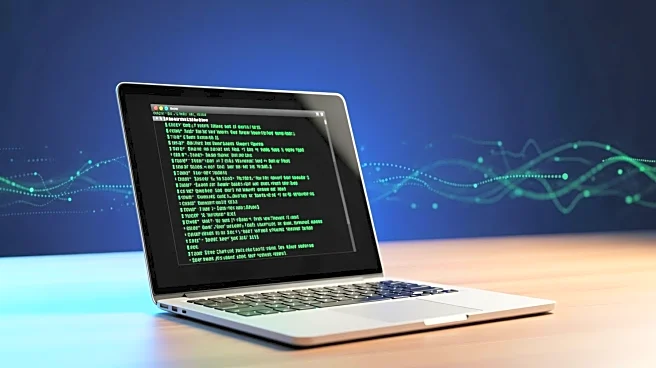What's Happening?
An educator, Nia Norris, is introducing 'vibe coding' in her web development course, a method that utilizes natural language prompts in programming. This approach is gaining traction as a modern educational tool, despite mixed opinions. While some traditional computer science experts dismiss it as amateurish, others see it as a practical workaround that reduces the need for extensive coding knowledge. Norris acknowledges her initial lack of hands-on experience and reliance on AI to stay ahead in teaching. She argues that AI is an industry standard that students must learn, emphasizing that it is not infallible and can make mistakes. This perspective reflects a broader trend in education where technology is increasingly integrated into learning processes.
Why It's Important?
The introduction of 'vibe coding' in educational settings highlights a shift in how programming is taught, potentially democratizing access to coding skills. By using natural language prompts, students who may not have traditional coding backgrounds can engage with programming more easily. This could lead to a more diverse group of individuals entering tech fields, addressing long-standing diversity issues. Additionally, as AI becomes more prevalent in various industries, understanding its capabilities and limitations is crucial for future professionals. The debate around 'vibe coding' also raises questions about the balance between foundational knowledge and practical skills in education.
What's Next?
As 'vibe coding' gains popularity, educational institutions may consider integrating similar methods into their curricula. This could prompt discussions among educators about the best ways to incorporate AI and other technologies into teaching. There may also be increased scrutiny on the effectiveness of such methods in preparing students for real-world challenges. Stakeholders, including tech companies and educational policymakers, might explore partnerships to develop resources and training programs that support this new approach.
Beyond the Headlines
The rise of 'vibe coding' could have long-term implications for the tech industry, potentially altering hiring practices and skill requirements. As more individuals gain access to coding through simplified methods, companies might prioritize problem-solving and creative thinking over traditional coding expertise. This shift could also influence the development of AI tools, as demand for user-friendly programming interfaces grows.











